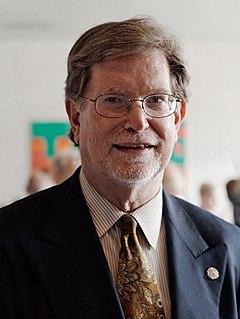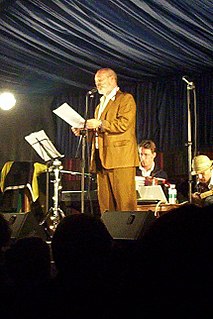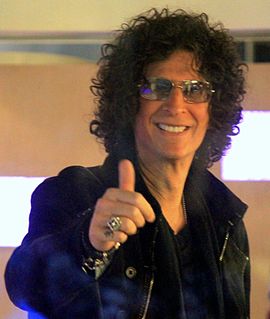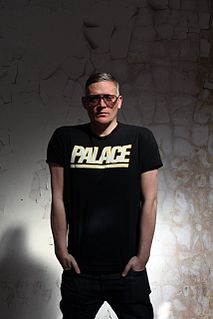A Quote by Grant Show
I grew up in Northern California, so the hippies were still around. My father and mother were very Republican, very strait-laced and very uptight, but my uncles were hippies.
Related Quotes
He didn't call his father and mother 'Father' and 'Mother' but Harold and Alberta. They were very up to date and advanced people. They were vegetarians, non-smokers and teetotalers, and wore a special kind of underclothes. In their house there was very little furniture and very few clothes on the beds and the windows were always open.
Especially with a magazine like Lampoon, which was very dependent on newsstand sales. Our readers didn't usually occupy the same address long enough to get a subscription, because they were in college, or they were hippies. So it was very up-and-down, and we had to calculate how many to print, which was always sort of a headache from a business point of view.
My mother was Welsh and I loved going to Wales every summer, where Uncle Les had a farm. My mother had seven brothers and a sister and they were all very close. There would always be food on the table and uncles coming in and out. My father's family were English and lived in London, and we didn't really see them.
My parents were very, very close; they pretty much grew up together. They were born in 1912. They were each other's only boyfriend and girlfriend. They were - to use a contemporary term I hate - co-dependent, and they had me very late. So they had their way of doing things, and they reinforced each other.
The hippies had in mind something that they wanted, and were calling it freedom, but in the final analysis freedom is a purely negative goal. It just says something is bad. Hippies weren't really offering any alternatives other than colorful short-term ones, and some of these were looking more and more like pure degeneracy. Degeneracy can be fun but it's hard to keep up as a serious lifetime occupation.
My mother actually left American in 1929 to be part of an alternative community of bohemians around her then father-in-law who was a well-known Greek poet. This group of people were living in this semi-Luddite reality and weaving their own clothes - proto-hippies in a way- -but around an artistic vision.




































